On Wednesday, October 18, multiple major French airports received bomb threats from anonymous sources, leading to evacuations at at least one airport.
According to the French Aviation Ministry (DGAC), the airports affected by bomb threats on Wednesday were Toulouse (TLS), Biarritz (BIQ), Pau (PUF), Lyon (LYS), Lille (LIL), Rennes (RNS), and Nantes (NTE).
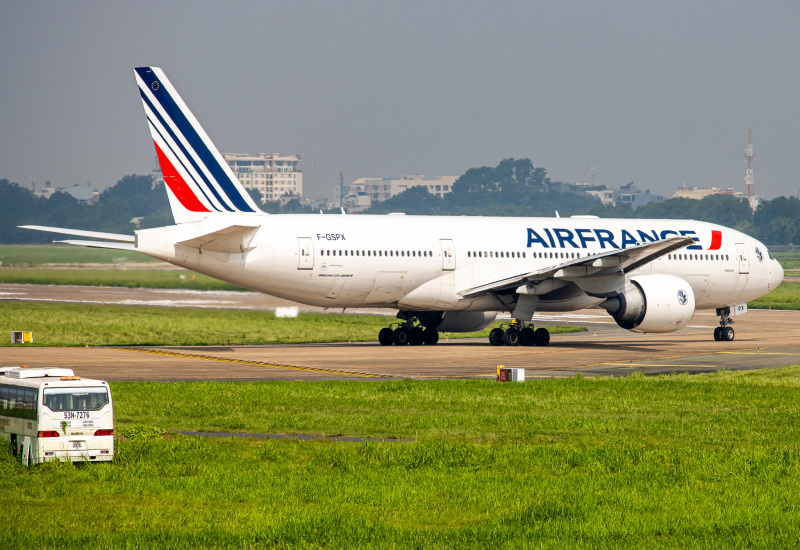
The issues began around 09:00 when the airports received anonymous terror and bomb threats. By 11:00 in the morning, all of the eight French airports had been evacuated as French police and security services moved into the once bustling airport terminals to find the root, if there was one, of the chaos.
Passengers at Toulouse-Blagnac Airport (TLS), the sixth largest airport in France and a significant airport for testing and manufacturing Airbus planes, had to wait almost six hours until the airport terminal was declared safe and airport operations resumed gradually. Quite similar situations unfolded at Nantes (NTE), Lyon (LYS), and Lille (LIL), with operations at these major French airports coming back online at around 17:00.
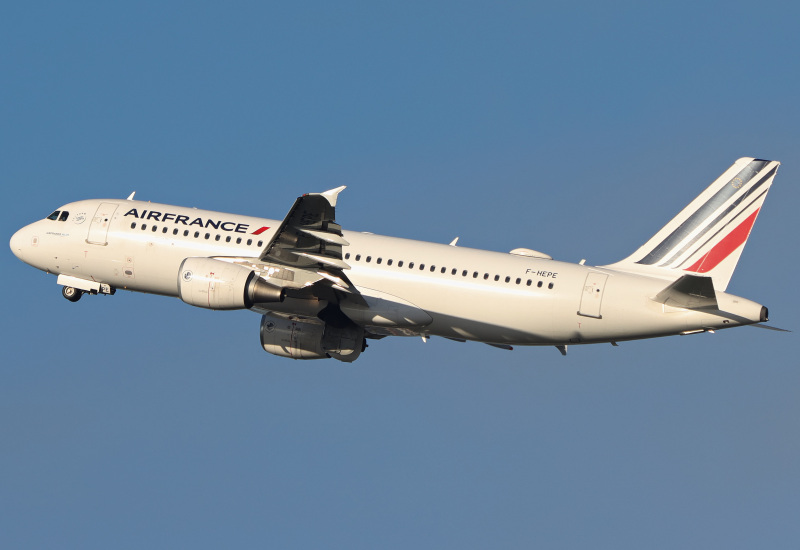
According to news agency France 24, "...There was confusion from passengers on social media, with some apparently in the dark about why they were being ushered out of airports..."
The impact these bomb threats have had on commercial French aviation at these airports cannot be understated. On Wednesday, over 50 flights were canceled from French airports due to security threats, wreaking havoc with airlines, their aircraft, and schedules and passengers alike.
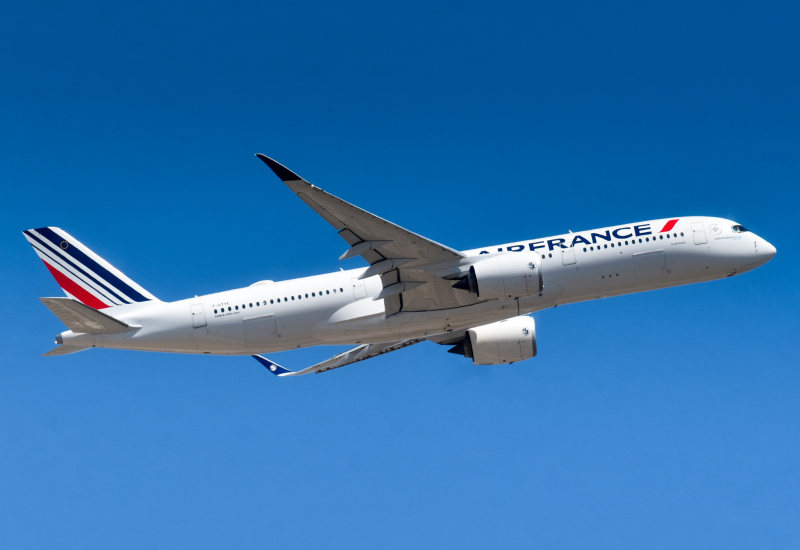
Shortly after the last security threat was lifted, French Transport Minister Clément Beaune stated on social media platform X (previously known as Twitter), "Organized false alerts are dangerous and unacceptable...They are heavily punished: up to 2 years in prison and a fine of €30,000....Each case is subject of [to] a complaint being filed by the airport as I requested from [the] DGAC..."
On Friday, October 13, a teacher and three others were stabbed at a school in the French city of Arras. The perpetrator of the crime is suspected to be Muslim and was rumored to have carried out the act in response to Israel's adversary, Hamas, claiming that the day (October 13) was to be a day of terror.
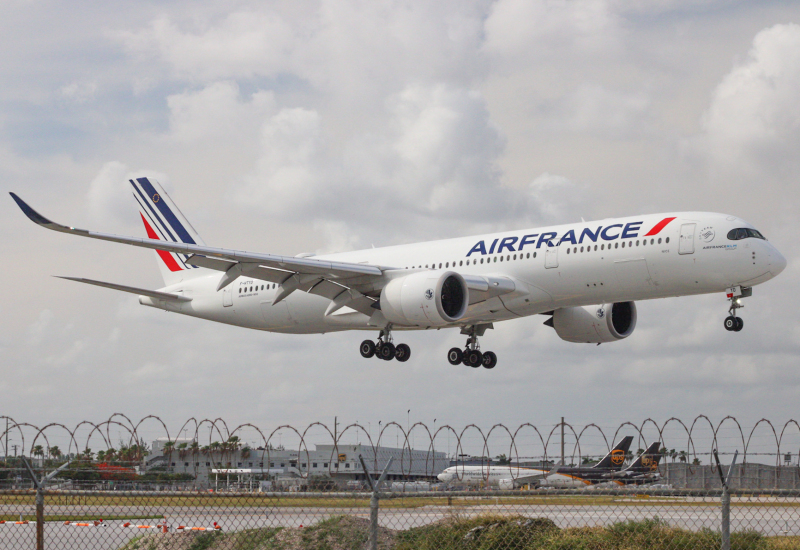
Since this event, the French people and government have been on high alert, with many places in France experiencing evacuations due to alleged terrorist threats. The same day, the Palace of Versailles, a famous historical site near Paris, evacuated its visitors due to security reasons that French airports were experiencing the same day.
France is in a tricky position in whether or not to support Israel's war against Palestinian group Hamas and the Gaza Strip. The Western European nation is home to large communities of both Israelis and Palestinians. On Thursday, October 12, Air France sent one of their Airbus A350 aircraft to Tel Aviv (TLV) to continue evacuating French citizens from the deteriorating situation in Israel. Currently, there are no flights between France and Israel.

What has happened in previous days with French aviation and airports is a good showcase of how the conflict between two sides can spill over beyond the region in which the fighting is occurring. Whether or not French and European aviation will further be affected by the ongoing conflict in Israel is unknown.
Emirates Dismisses Viral A330 Plane Crash Video as "Fabricated and Untrue" » Passengers Encounter Bedbug Infestation on Multiple Turkish Airlines Flights » Thousands of Flights Impacted as Winter Storm Blair Hits U.S. »
Comments (0)
Add Your Comment
SHARE
TAGS
NEWS Air France Transavia Israel War Conflict Palestine Evacuation Airports Paris Lyon Toulouse Airbus Boeing France SecurityRECENTLY PUBLISHED
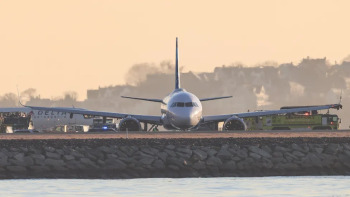 Could You Survive a Plane Crash? The Unlikely Science of Plane Crash Survival
With air travel consistently being heralded as the safest form of public transport, most of us do not board a plane pondering our chances of survival in the event of a crash. But, is it possible to survive one?
INFORMATIONAL
READ MORE »
Could You Survive a Plane Crash? The Unlikely Science of Plane Crash Survival
With air travel consistently being heralded as the safest form of public transport, most of us do not board a plane pondering our chances of survival in the event of a crash. But, is it possible to survive one?
INFORMATIONAL
READ MORE »
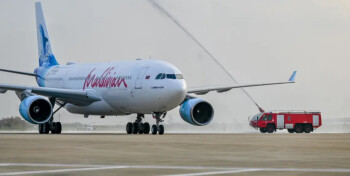 Maldivian Airlines Introduces First-Ever Widebody Aircraft, Plans New China Flights
Maldivian, the government-owned national airline of the Maldives, has just welcomed its first-ever wide body aircraft: the Airbus A330-200. With the new aircraft, the carrier also plans brand-new long haul international flights to China.
NEWS
READ MORE »
Maldivian Airlines Introduces First-Ever Widebody Aircraft, Plans New China Flights
Maldivian, the government-owned national airline of the Maldives, has just welcomed its first-ever wide body aircraft: the Airbus A330-200. With the new aircraft, the carrier also plans brand-new long haul international flights to China.
NEWS
READ MORE »
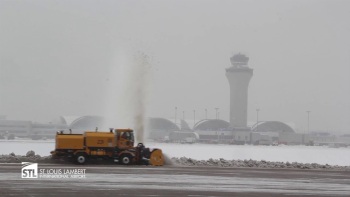 Thousands of Flights Impacted as Winter Storm Blair Hits U.S.
Winter Storm Blair has unleashed a huge blast of snow, ice, and freezing temperatures across the Central and Eastern United States.
As of Sunday afternoon, over 6,700 flights and counting have been disrupted. This includes cancelations and significant delays leaving passengers scrambling to change flights and adjust travel plans.
NEWS
READ MORE »
Thousands of Flights Impacted as Winter Storm Blair Hits U.S.
Winter Storm Blair has unleashed a huge blast of snow, ice, and freezing temperatures across the Central and Eastern United States.
As of Sunday afternoon, over 6,700 flights and counting have been disrupted. This includes cancelations and significant delays leaving passengers scrambling to change flights and adjust travel plans.
NEWS
READ MORE »





